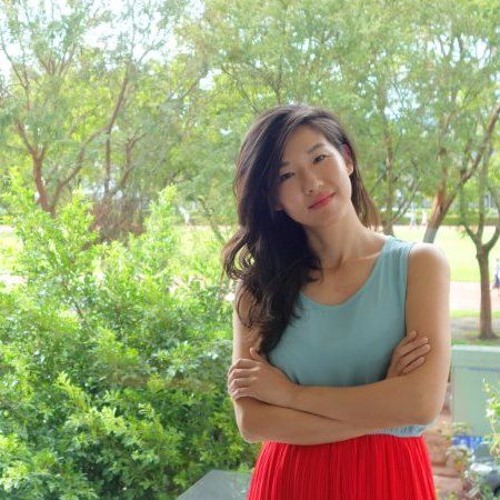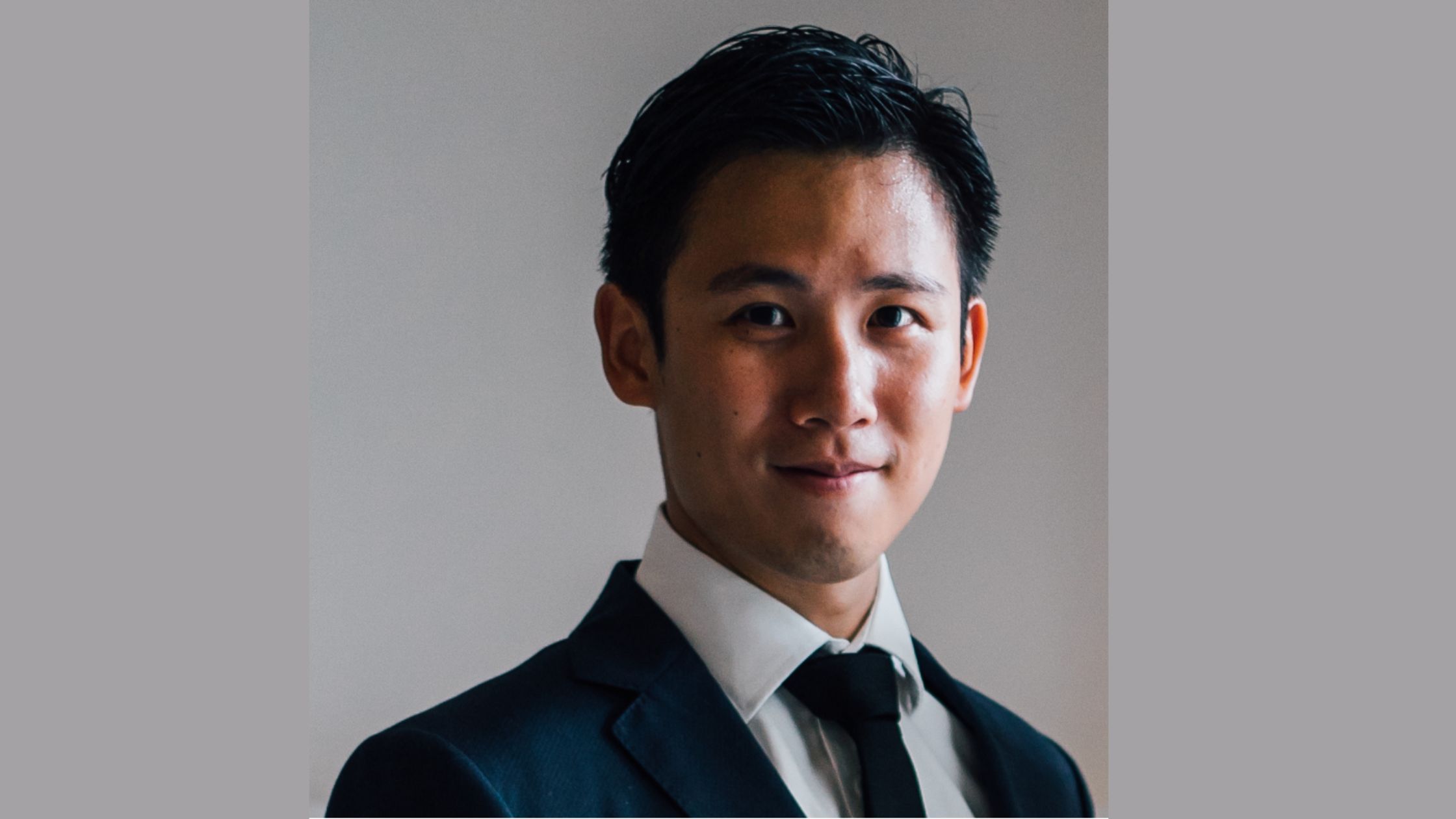AsiaTechDaily – Asia's Leading Tech and Startup Media Platform

Tina Cheng, Cherubic Ventures – A Technology Focused Venture Capitalist
Tina Cheng, managing partner of Taiwan based Cherubic Ventures has made a mark in the field of venture capital in a very short span of time. She has extensive work experience in the technology and education sector. Ms. Cheng has worked with Yahoo, Trianz Consulting, Cisco, and Ogilvy & Mather before setting up Cherubic Ventures in her home country.
Cherubic Ventures based in Greater China and Silicon Valley was founded in 2013. It is an early stage technology focused venture capital firm with a vision to string together the Silicon Valley and Greater China. Ms. Cheng has worked in a couple of startups herself which has given her a pretty broad understanding of how different businesses work. Her past experience both in Taiwan and Silicon Valley helped her build her network and prepare for the venture capital world.
She believes that investing in an early stage startup is more of an art rather than a science. Ms. Cheng believes that it is a strong product vision that matters for any startup to be successful.
Tina Cheng is an MBA from UCLA Anderson School of Management and has received her bachelor degree in Advertising from National ChengChi University in Taiwan.
Read on to know more about Tina Cheng and how passionate she is about meeting startups and helping them to be successful.
What background and domain expertise do you have? And What makes you turning into an investor?
Tina Cheng – Cherubic Ventures has been operating since 2010, formally institutionalized since late 2013. We specialize in early-stage seed investing in consumer technology. We have 150 portfolios globally, spanning across different industries such as commerce, logistics, FinTech, healthcare, AI, blockchain, media, enterprise solution, mobility, and more.
As an investor, what kind of startups have you invested in? And how did you find those startups to invest in?
Tina Cheng – We have 3 unicorns (companies valuation over 1 billion USD) in the US in our portfolio (Flexport, Calm, Hims), and 2 companies are listed in NYSE (LAIX, MOGU). They are in the consumer tech or enterprise space. We have a strong investors and founders network that constantly refer as high-quality deals.
What would be the core factors that you decide “Not” to invest in certain companies?
Tina Cheng – Poor founding team, products/services that are not differentiated, too capital-intensive, not a growing sector.
What would be the KPI that you usually check about the startups’ growth? It may diverse in each industry like LTV, CAC, MoM, etc. but would be helpful to understand more about your additional investment factors.
Tina Cheng –
- For B2C startups: active users metrics, growth rates, transactions volume…etc
- For B2B startups: clients growth rates, sales growth rates..etc
What is the investment range and In a typical year, how many startups do you invest in? And S.Korea headquartered startups have a chance to get investment from you or should be headquartered in certain countries?
Tina Cheng – We invest in 20-30 startups a year. We have a few Korean investments: JANDI (team collaboration software), Althea (Korean cosmetics for South East Asia region) Terra (stable coin + payment network on the blockchain). Most of our investments are either in Greater China and the US.
What are the main factors that startups fail as per your experience after getting investment and how can they prevent mistakes in advance from your personal perspective?
Tina Cheng –
- Not found product-market fit
- Run out of money and cannot raise funding
- Market not big enough.
To prevent these mistakes, companies need to find ways to ensure the market demand is strong and big enough, they also need to be problem solvers and know how to adapt their products to customer needs.
What’s your advice to entrepreneurs who have a chance to meet investors like you? and What are the top 3 questions that you always ask the founders?
Tina Cheng – They need to answer:
- Why did you decide to work on this startup idea? what’s your motivation?
- How are your product/services better than the current option?
- What’s your core advantages/moats?
- Why are you the best team to do this?
What’s your general thought about the term “Global” and What are the important factors (criteria) for Korean startups to consider for international expansion?
Tina Cheng – It’s increasingly important for startups to go globally as all major companies are expanding internationally. When making international expansion, don’t just “copy and paste” your product to another country, but localize it for different markets and find local talents to help you understand the market quickly.
As you know, our company name is “beSUCCESS”, what’s your definition of the term “success” as an investor or as an individual human being?
Tina Cheng – The definition of a successful investor is to invest in the best startups that can bring a positive impact to the world, at the same time create financial returns for the fund and LPs. At the individual level, success is achieving your goals in life, whatever that might be.
What are the one or two things that you would do differently if you could go back to 10 years ago?
Tina Cheng – Travel the world or take a gap year during university years. ☺
When you have a chance to come to Korea next time, what kind of Korean entrepreneurs and startups you want to meet?
Tina Cheng – Would be fun to be the most promising or interesting startups in Korea. Very interested in learning if what’s hot in Korea is different from that in China or the US.
You can follow Tina Cheng here.
Are you looking to secure investment for your startup or a keen startup enthusiast, keep an eye on our interview section.
Follow Asia Tech Daily to know about the innovative startups and how they are revolutionizing the ecosystem.





